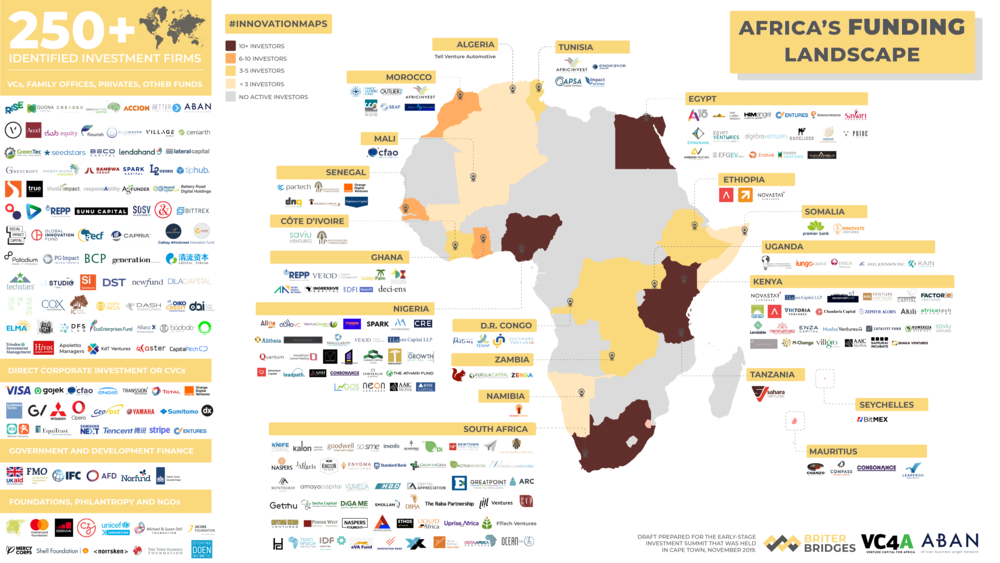Tunisia has proven to be the country where companies have invested the most in innovative technological solutions during the crisis, according to a survey of CEOs in Africa, by the Think tank, Oxford Business Group (OBG), at the end of April 2020 and the results of which were published in the group’s report for July 2020.

“Indeed, having demonstrated exceptional digital capabilities, many of its African peers have identified Tunisia as a cradle of innovation during the crisis”, according to this 30-page document entitled “Report on the Tunisian response to the Covid -19 ”.
Here Is What You Need To Know
- Among examples of technological innovations during the crisis, the report cites the robot known as Veasense, developed by Tunisian start-up “Enova Robotics” to safely help patients of Covid-19 at Abderrahmen hospital Mami from Tunis. The robot allows medical personnel to remotely perform preliminary diagnoses and monitor patients without any physical contact.
- The Tunisian Home Office has also acquired the PGuard from Enova Robotics, a robotic ground vehicle used to help enforce the country’s lockdown rules. Controlled remotely by government officials, the robot is equipped with infrared and thermal cameras, an audio system, GPS tracking, and a sound and light system that can be used to request IDs and issue verbal warnings.
- Another example of the application of new technologies in the midst of the pandemic is the ‘Corona Bot’, a digital application that can provide information and support to people through Facebook. The application uses artificial intelligence and has sent more than 200,000 messages to 10,000 people.

- The pandemic has also considerably accelerated the implementation of mobile payment systems, also notes the OBG report, recalling that “before the epidemic, certain players in the private sector had demanded the abolition of administrative formalities which had slowed down widespread adoption of mobile transactions since 2013, but without much success ”.
- The crisis has created an urgent need to quickly and safely transfer small sums of money to large numbers of people, after the deployment of exceptional aid of 200 dinars, for 350,000 low-income citizens.
“Covid-19 has shown the importance of embracing digitization and improving digital infrastructure,” Adnane Ben Halima, vice president of public relations for Huawei’s Mediterranean region, told OBG.
“This change since the start of the pandemic has been accompanied by political will and a change of mentality in favor of digitization. This has led to an accelerated delivery of projects that had been on hold for years, in just a few weeks, ”the manager developed.
- The crisis has revealed the importance and potential of companies, helping to address many of the challenges that have emerged, with innovative solutions designed by local start-ups, such as telemedicine, concludes OBG, in its report.
To view the report, please click here.
Charles Rapulu Udoh

Charles Rapulu Udoh is a Lagos-based lawyer who has advised startups across Africa on issues such as startup funding (Venture Capital, Debt financing, private equity, angel investing etc), taxation, strategies, etc. He also has special focus on the protection of business or brands’ intellectual property rights ( such as trademark, patent or design) across Africa and other foreign jurisdictions.
He is well versed on issues of ESG (sustainability), media and entertainment law, corporate finance and governance.
He is also an award-winning writer.
